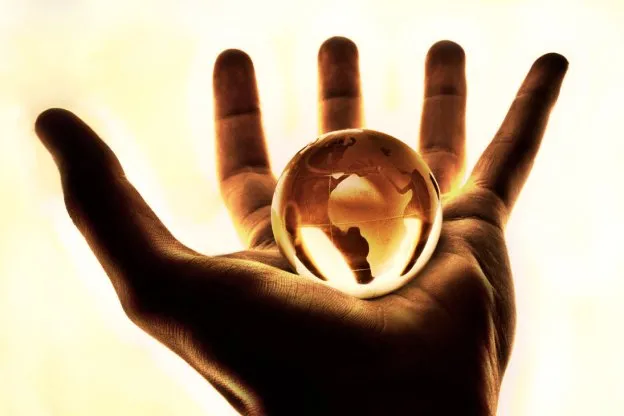Defining all rich people as unconditional righteous and all poor people as sinners would be an obvious stupidity, contrary to the elementary daily experience of each of us. But a sinful way of life can really become a cause of loss of business, job, property, health and life itself for a person. A firm adherence to God's commandments can turn out to be a reliable support for a person in all spheres of his activity, even in matters of material well-being.
Probably the most correct thing will always be to remember the words of the Savior that ... a person's life does not depend on the abundance of his heritage. And wealth, poverty and all kinds of intermediate states between these two extremes: all this does not determine our spiritual state, while it is considered only in social or economic aspects. Trusting in poverty itself as guarantor of salvation is as naive as boasting of a God-sent property. You can destroy your soul in both poverty and luxury. Because both are not our property. Oddly enough, but poverty and poverty are also a gift from God. The Lord by his providence puts each of us in the best conditions from the point of view of acquiring the mental state that makes a person capable of accepting the Kingdom of God.
But each person can take advantage of the gift received for its intended purpose or neglect it. A rich man can collapse spiritually under the burden of his wealth, just as a poor man cannot bear the burden of his poverty and burn his soul with resentment, envy, and anger throughout the world. A person's life does not depend on the abundance of his heritage.
The beloved disciple of Christ, the apostle John the Theologian, wrote: ... the whole world lies in evil (1 John 5:19). No matter how bitter it is to admit it, but over two thousand years, the world has changed little in this regard. The terrifying poverty of some people is still next to the arrogant and atrocious luxury of others.
By possessing a great fortune, the rich people of today are madly disposing of it from the point of view of the gospel. They defiantly waste it on their own whims and entertainments at a time when many people by their side need what is most needed. And, of course, such an order of God's blessing cannot be called pleasing to God. Even abundant donations to churches and monasteries may not make sense of a rich man's eternal destiny if, like a rich man in the parable of the gospel, he stiffens his heart and simply invests in his posthumous future.
But the poor also have their considerable risks: embittering the insensitivity of another, falling into envy of the wealth of others, turning their hearts into a lump of hatred for all who have been more successful than they.
And in this sense, poverty can also be seen as wealth, a gift from God given to someone for whom he is most useful in terms of his salvation. But each of us can dispose of these gifts in different ways. Both the oligarch and the poor are equally capable of using the property received from God both for their salvation and for their perdition.
And the only "accounting" that will make sense and meaning here is not a comparison of wages, earnings, and bank account numbers, but a constant reminder of something simple, which for some reason can be very difficult to keep in mind: we don't own of everything, what we possess All this is only given to us in the handling of God for the duration of our earthly life. And the more of this strange state we give to those in need, the less chance we will have of hearing God's words of rebuke at the Last Judgment.
